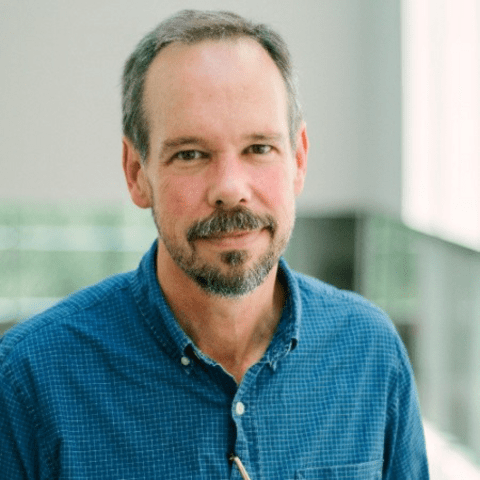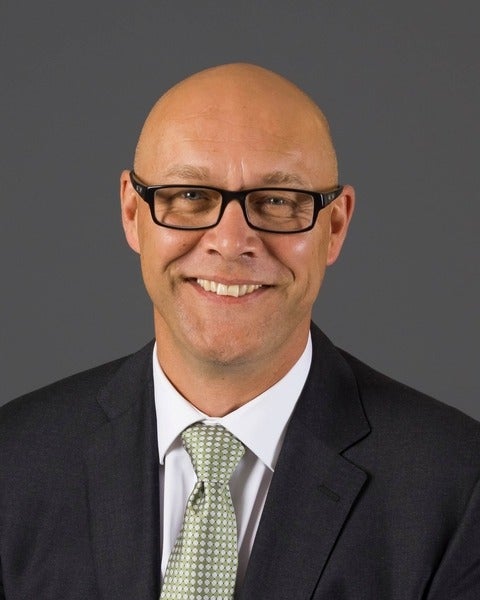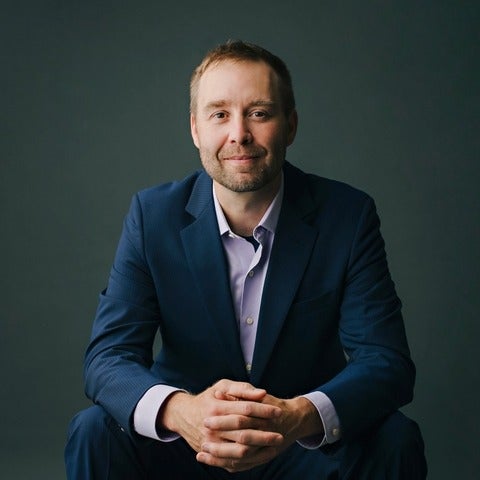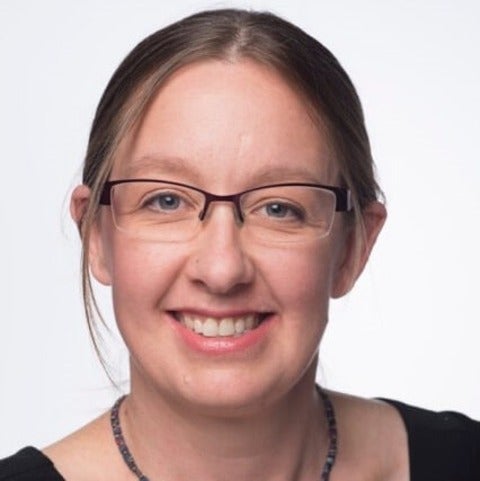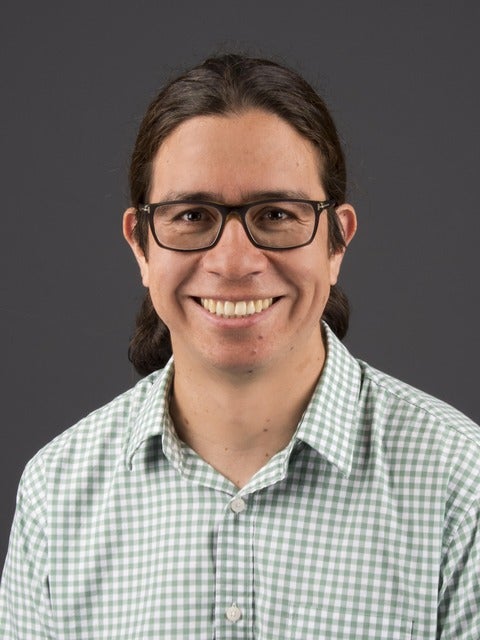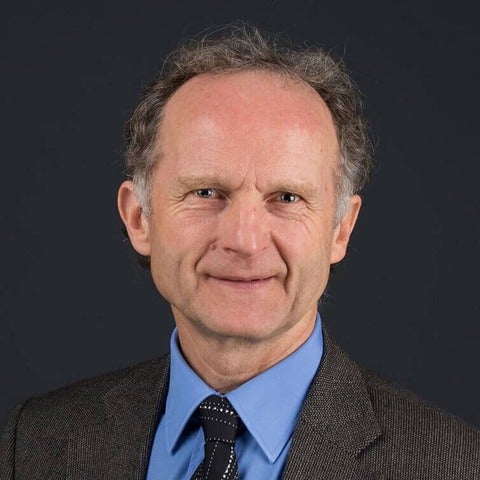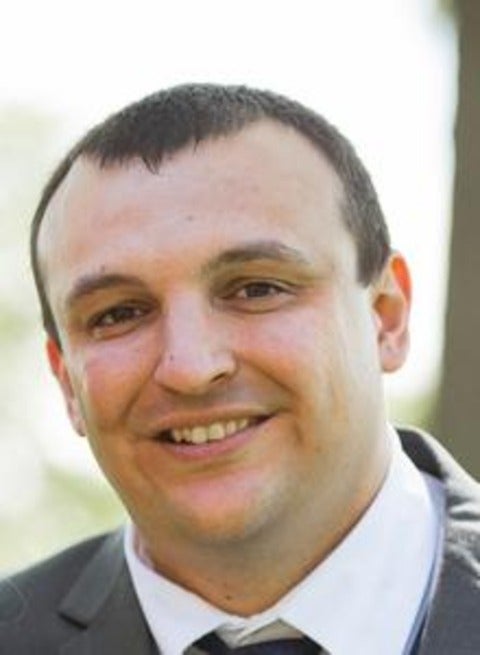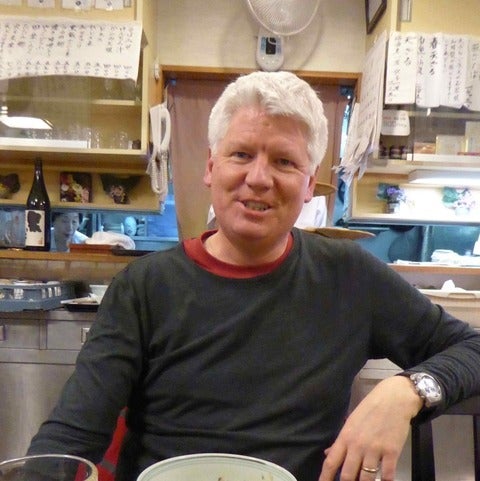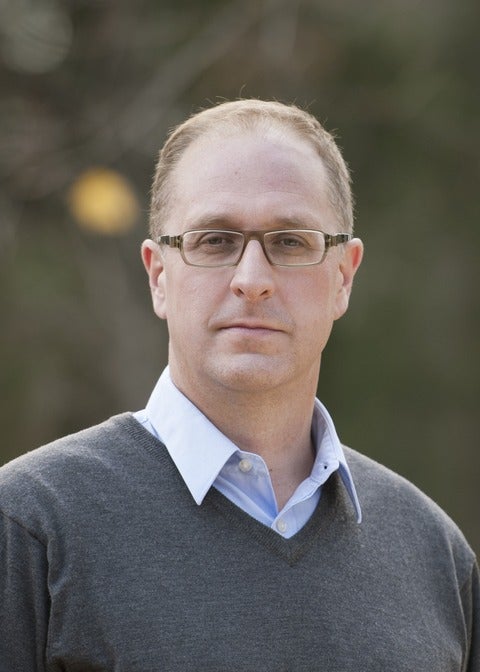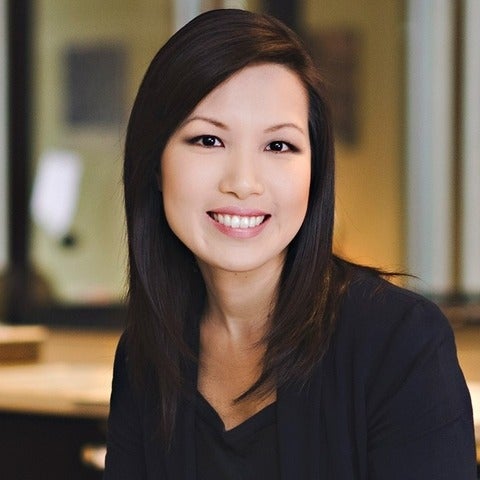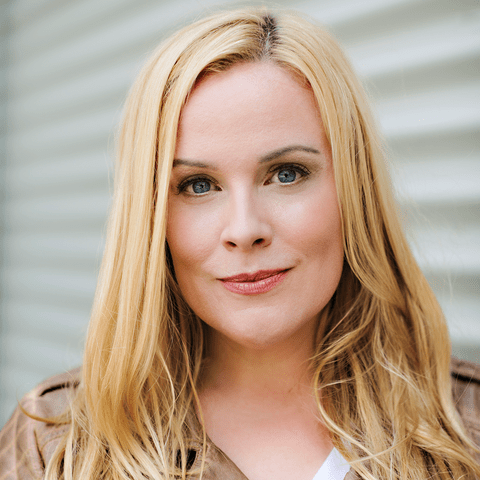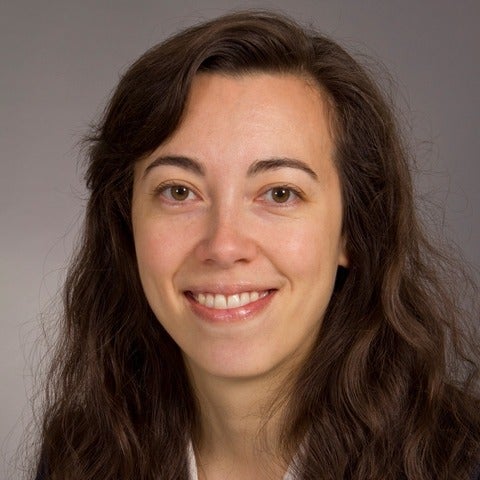Amr ElAlfy
Dr. ElAlfy is a leading scholar in sustainability disclosure and ESG (Environmental, Social, and Governance) issues, with a particular focus on non-financial reporting practices. His research explores the significance of sustainability risks and opportunities through a double materiality lens, connecting financial and non-financial metrics to aid decision-makers in promoting sustainable growth and responsible investment strategies. He serves as the Associate Director of the Waterloo Institute for Sustainable Aeronautics (WISA), where he focuses on enhancing ESG performance within the aeronautics sector.

